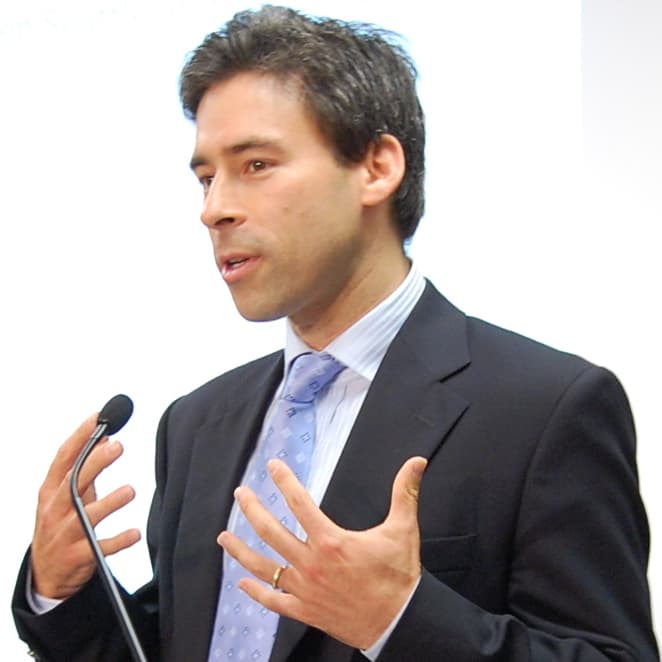Academic Concept of 'Asymmetric Multiculturalism' Draws Attention to Divergent Identity Standards

A recent social media post by user "thdhmo" has highlighted the academic concept of "asymmetric multiculturalism," sparking discussion on contemporary identity politics and the differing expectations placed on various ethnic groups. The tweet describes a scenario where an individual, "Calvin," can assert multiple identities while potentially challenging others' claims to a shared national identity. This concept, largely attributed to political scientist Eric Kaufmann, points to a perceived double standard in how multicultural societies approach ethnic identity.
Asymmetric multiculturalism, as defined by Kaufmann, suggests a societal dynamic where ethnic minorities are often encouraged to embrace and express their distinct cultural and ethnic identities. Conversely, majority groups are frequently expected to adopt a more cosmopolitan or post-ethnic stance, foregoing strong attachments to their own ethnic heritage. This framework implies that the burden of adapting to multiculturalism often falls disproportionately on the majority population.
The tweet vividly illustrates this dynamic: > "Great example of asymmetric multiculturalism in action: Calvin can insist he is British and denounce any attempt by you to say you are British in any way he’s not, but he can also insist on additional respect for his Black and Zambian identities," stated "thdhmo" on social media. This example underscores the perceived imbalance where one individual's multi-layered identity is celebrated, while another's claim to a singular or majority identity might be questioned.
This concept has significant implications for national cohesion and inter-ethnic relations, influencing debates on belonging, integration, and the definition of national identity in diverse societies. Proponents of the theory argue it explains tensions arising from perceived double standards in public discourse and policy regarding identity expression.
However, the concept itself is subject to academic debate. Critics, such as Tamar de Waal and Jan Willem Duyvendak, argue that liberal-democratic and multicultural theories already privilege majority culture, and that "asymmetric multiculturalism" risks overlooking actual integration processes and potentially encouraging nativist sentiments. They contend that minority rights are often reactive measures to counterbalance the inherent hegemony of majority cultures, rather than an unfair imposition.
The ongoing discussion around asymmetric multiculturalism reflects broader societal challenges in balancing individual and group identities within diverse nations. It prompts critical examination of how societies foster a sense of shared belonging while respecting the distinct heritages of all its members.